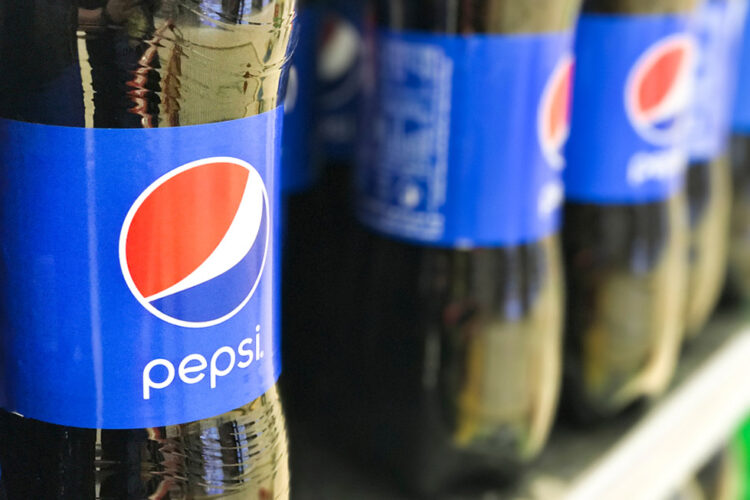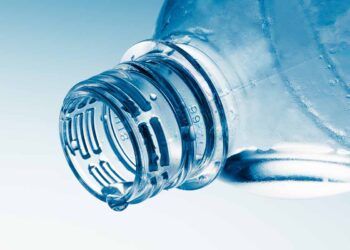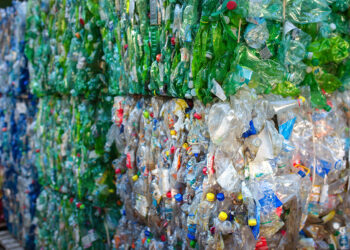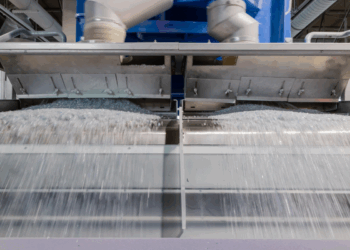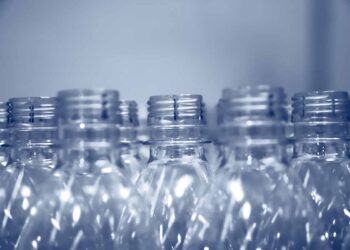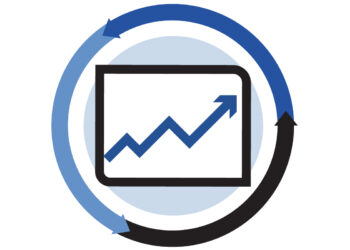It’s clear the current recycling system can’t deliver sufficient resin for brand owners to hit their increasingly ambitious recycled-content goals. A PepsiCo executive recently discussed that supply gap.
Last fall, PepsiCo committed to hitting 25% recycled content across its portfolio of plastic packaging by 2025. It also said it would achieve 33% recycled plastic in its PET containers.
Those initiatives complement a separate goal by PepsiCo to make all its packaging recyclable, compostable or biodegradable by 2025.
Entities in the recycling industry have applauded higher recycled-content commitments but have also raised important questions about their feasibility, especially on the sourcing front. One recent report from an energy industry analysis firm concluded $3 billion in recycling investment will be needed in the next 10 years to support all of the recycled-content pledges already announced.
According to Roberta Barbieri, vice president of global sustainability at PepsiCo, the beverage giant understands the severity of the situation.
“That is indeed a problem,” Barbieri said in a recent interview. “We recognize it as such.”

Barbieri did not disclose PepsiCo’s current recycled-content percentage for its plastic packaging, but she said there’s work to be done. “We’ve got a ways to go till 25%, I’ll tell you that much,” she noted.
In 2015, recycled material accounted for 3.6% of the company’s RPET use, according to previous reports.
“We have an infrastructure gap,” said Barbieri. “We need more curbside recycling, we need more on-the-go recycling. And once you’ve collected it, you need the infrastructure to process it. The MRFs that do that processing are also scattered about.”
A $10 million commitment
One part of PepsiCo’s strategy to help bolster that infrastructure has been its support of The Recycling Partnership, a corporate-backed group that works with municipalities and others to increase access to curbside collection, reduce contamination and improve recycling in other ways.
Last summer, PepsiCo contributed $10 million to the organization to help launch a program called All In On Recycling. The idea was that the initial $10 million would spur financial commitments from other companies to get the total to $25 million. Through a three-to-one grant matching paradigm The Recycling Partnership has with its community partners, the total cash infusion into recycling infrastructure could hit $100 million.
“That’s gone very well,” Barbieri said, noting that more updates on the program are likely to come in the coming months.
Barbieri said chemical recycling technologies could also be a piece of the puzzle to increase the supply of food-contact recycled plastic. PepsiCo last fall signed an offtake agreement with Canadian depolymerization firm Loop Industries and in April entered into a partnership with France-based Carbios, which uses enzymes to process PET.
Barbieri, however, acknowledged it will still be some time before chemical recycling outlets could supply major quantities of resin to brands.
“The good news it has tremendous potential,” Barbieri said. “The bad news is they are all small and in startup mode. And I think it will be years before it scales.”
Another notable sustainability strategy from PepsiCo is material substitution.
The company is going to start testing selling Aquafina water in aluminum cans in the U.S. next year and is transitioning Bubly spring water out of plastic.
The moves are by no means a signal PepsiCo is looking to abandon plastic – at the same time it made the Aquafina and Bubly announcement, the company said its Lifewtr brand was going to 100% RPET bottles. But the shift out of bottles does seem to be an indication that brand owners will be trying to move forward on their goals in multiple ways.
The Aquafina and Bubly shifts “are another step toward achieving the ambitious packaging goals we’ve set and moving toward a circular economy for packaging,” Barbieri said.
A full Q&A with PepsiCo’s Roberta Barbieri will appear in the fall print edition of Plastics Recycling Update. Sign up for your complimentary subscription of the print edition today.






